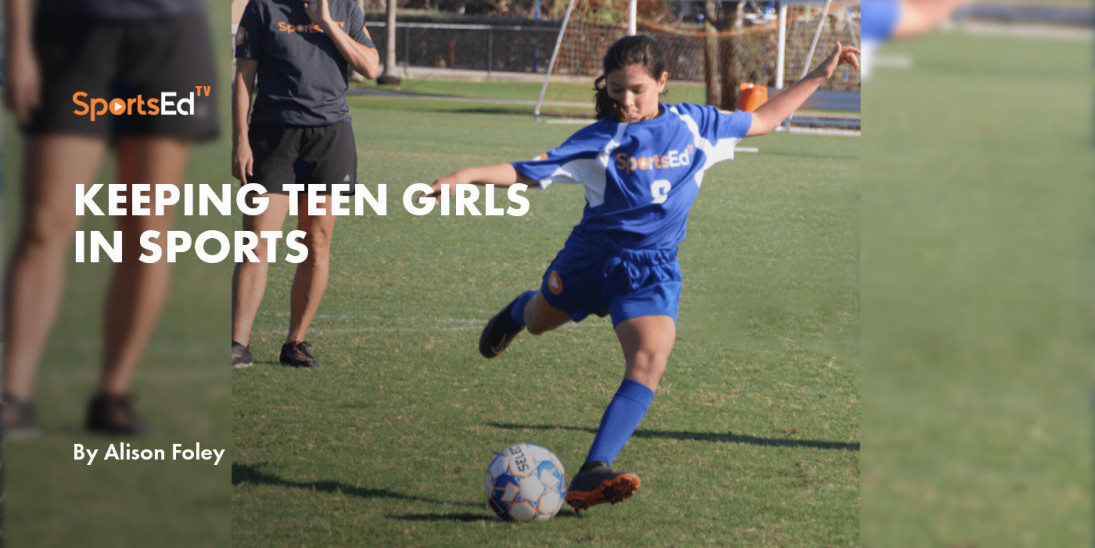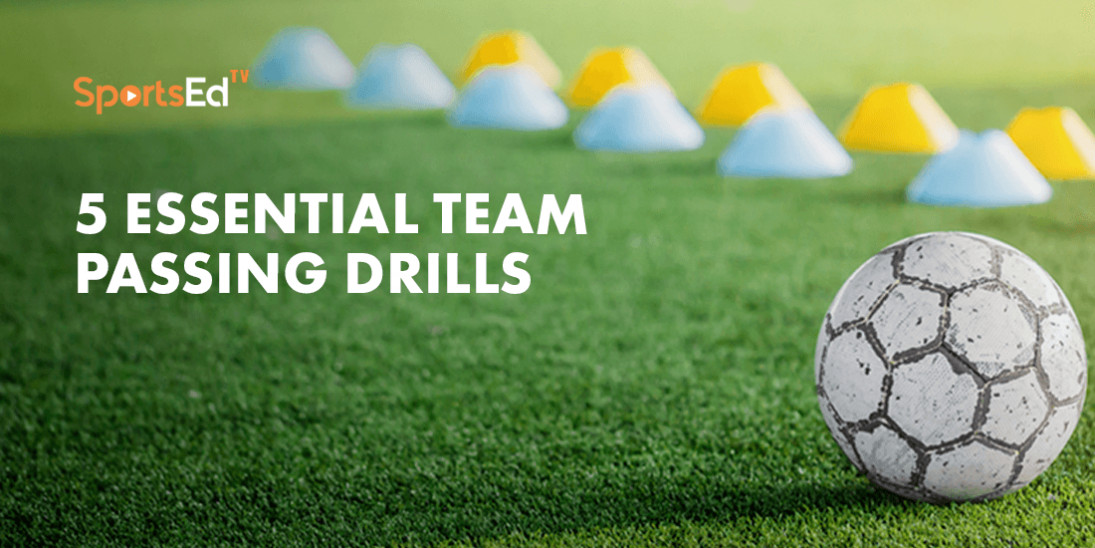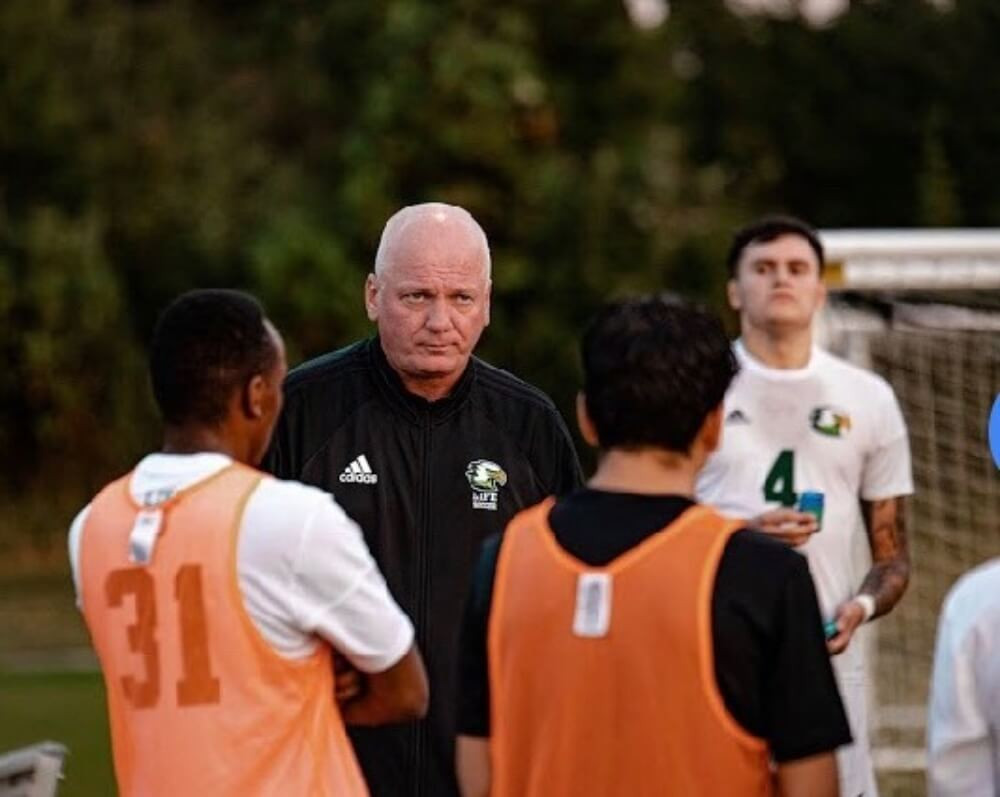Soccer
Welcome and thanks for visiting...

How To Get Scouted In Soccer: The 7 Things You Need

Alison Foley, a youth soccer expert, coach of Boston College's Division I Women's Soccer Team from 1997-2018, and the winningest coach in Boston College history, discusses what players need to get scouted.
As a former D1 college coach, a current scout for the U.S. youth national team, and a consultant helping colleges find the right player for their school, I often need to observe and evaluate players. Too often, players think coaches are just looking at the skill sets that shine on the field: a dynamic move to beat the last defender, the ability to bring the ball down with any surface, or that shot that was ripped outside of the 18-yard box that dips inside the upper 90 and leaves the audience in awe. Without question, these special individual moments will get your name written down in the recruiter’s notebook, but that will not be all that gets you on their final roster. The U.S. Soccer Federation has adopted six essential qualities to identify what the makeup of a youth national team player should embody. I think that many will be surprised by the outside-of-the-field qualities we look for.
1. We look for players with good game understanding and decision-making. Can they read the situation and make quick decisions under pressure? Specifically, can they analyze the positions of teammates and opponents and make the necessary adjustments? Can they identify cues and intentions, not only of their teammates but of their opponents? How quickly can they process information and make the best choice of what to do next? Are they scanning the field continuously and showing good field awareness? Can they offer versatility and flexibility and play multiple positions? You may see yourself as just an attacking player, but what if your team needs you as an outside back? These observations show the importance of being a student of the game and a cerebral player.
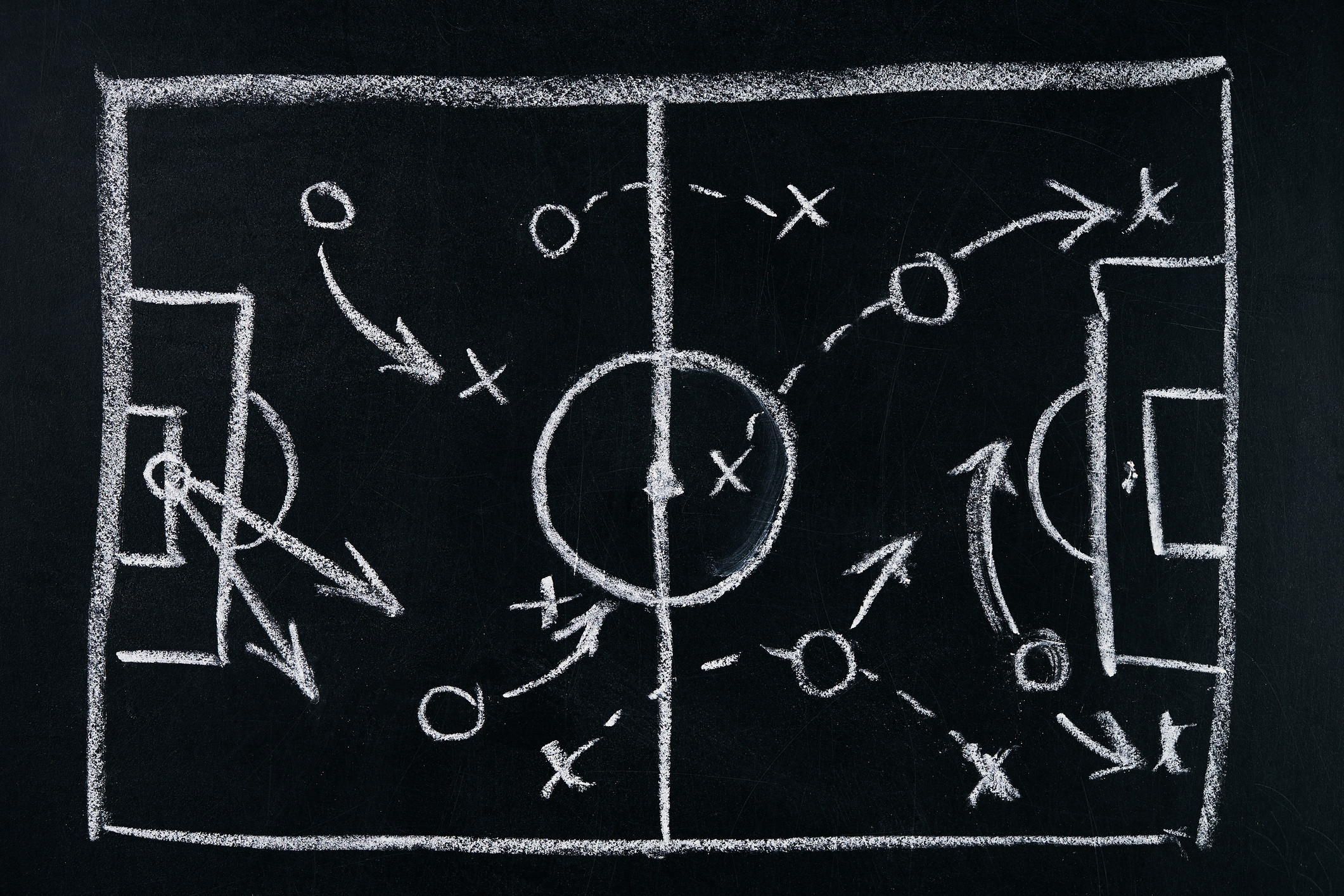
How well does the player understand the game? Can they make the right decisions?
2. Certainly, the technical execution of a soccer player is important. How comfortable is a player on the ball, specifically under pressure and in tight spaces? Do they demonstrate the ability to play one or two touch? Do they have a change of speed off the dribbles? Are they precise passers who set up the receiver, which we like to refer to as “breaking the lines”?
3. The physical dominance of any athlete is always a desired quality for any coach. Is the player agile, coordinated, and balanced? Do they use their body effectively in duels to control or disrupt the opponent and protect the ball? Are they explosive, make quick movements, and able to accelerate past defenders? Do they have the recovery speed and strength to disrupt and stop the opponent’s attack? Strength and power are special qualities, but do they have the engine and stamina to utilize them the entire match?
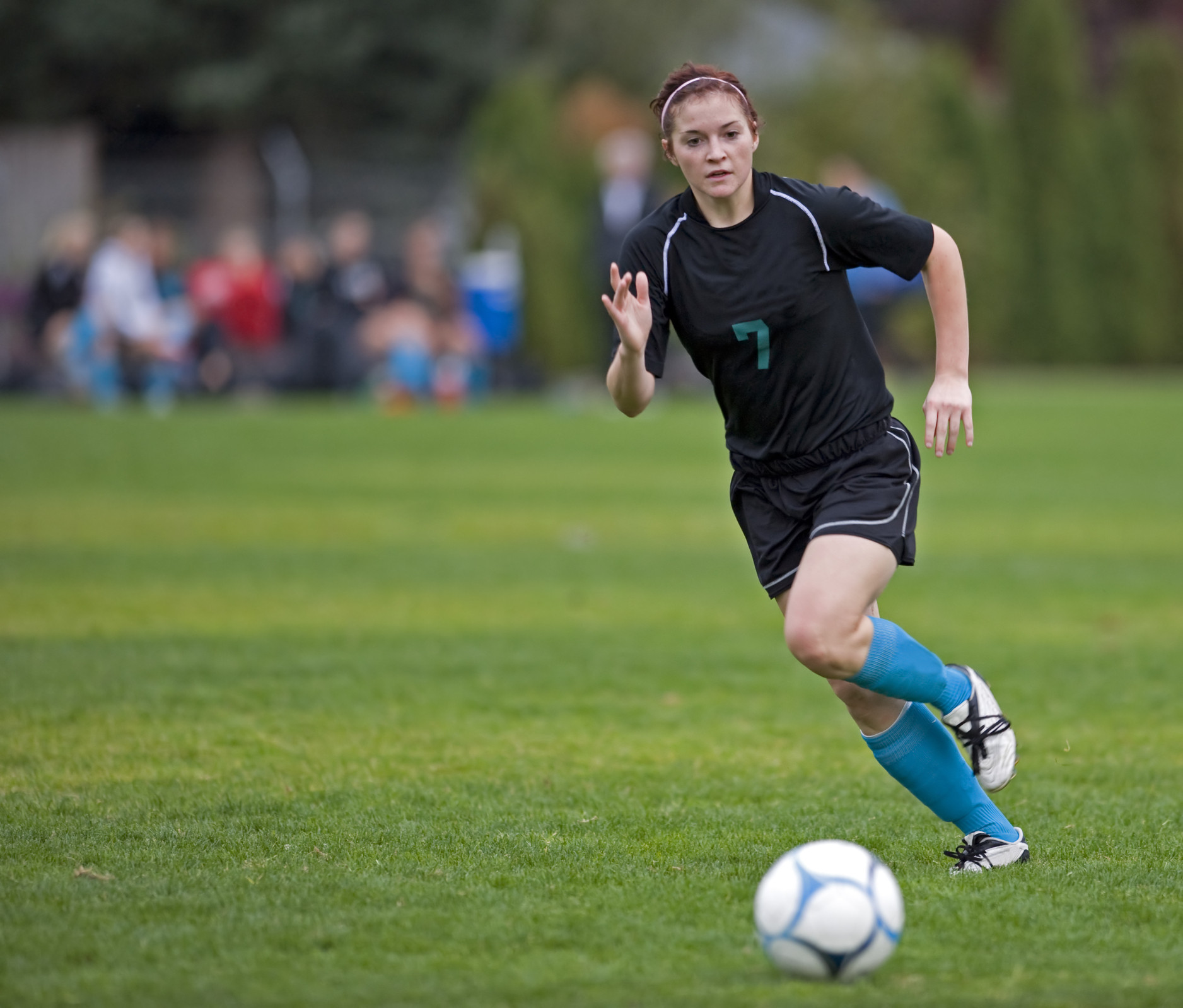 Does the player have the physicality needed to succeed for 90 minutes?
Does the player have the physicality needed to succeed for 90 minutes?
Arguably, the above qualities can be identified “between the lines”. The next three qualities that are considered the foundation traits must be instilled before we look at the above three qualities.
4. What is the responsibility and initiative of the athlete? What does the athlete do to show they’ve taken responsibility for their own learning and development? Self-regulation and how hard you work when a coach is not around and nobody is watching is critical to your development. Athletes need to take ownership and set their own goals and plans, and constantly evaluate and re-evaluate their plans. They take the initiative and set their own plan without being told. They are focused on building relationships with both coaches and teammates. They manage their personal lifestyle, which includes getting enough sleep, and they are focused on their nutrition and injury prevention, as well as mental well-being. They will ask for help, understand it is “okay,” and be brave when they need it.
 Does the player have the discipline and ownership to take care of themselves off the field?
Does the player have the discipline and ownership to take care of themselves off the field?
5. Do they show signs of a “growth mindset” and winning mentality? Do they show that they are committed to the process through their work ethic and sacrifice? They push themselves to their limits and are relentless in putting it “all out there” to reach their goals and, more importantly, the team’s goals. They understand that by playing on their technical edge and taking chances, they may fail, but they are confident and understand that this is merely a minor setback that will have them learn and be much better.
6. The sixth quality involves recognizing someone’s learning ability. How quickly can a player absorb and apply information? This often shows how well they will adapt to a higher level.
7. But then we have the “Silent Seventh” quality. Which I will tell you is ultimately the most important quality to be invited to on any team. How will this player affect my locker room? Are they kind, compassionate, and caring to others? Do they high-five others when they come off the field when they have sat on the bench the whole game? If their role is to be the “12th player” and cheer and support their teammates, can they find it within themselves to do this? Are they polite to the referees, play by the rules, and shake hands respectfully regardless of whether they win or lose? Are they good and honest people who will, regardless of their playing time, only enhance their team and environment by being positive individuals? Do they engage eye contact when the coach or others are speaking to them? Do they play with the same intensity regardless of being up or down in the match?
 Does the player have the right attitude to have a positive impact on the team?
Does the player have the right attitude to have a positive impact on the team?
So, in summary, there is nothing better than joining a team and being part of that family. There is a holistic person and player that coaches are looking for in the recruiting process of any level. Never skip the foundation of who you are to focus on just what your skills could be. Be the “full-package” player, and, most importantly, enjoy your journey and development.
Follow SportsEdTV Soccer on Facebook and Instagram to stay up-to-date with the latest content




